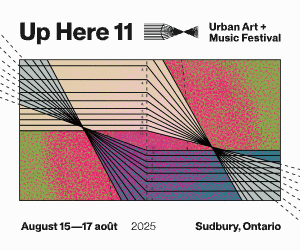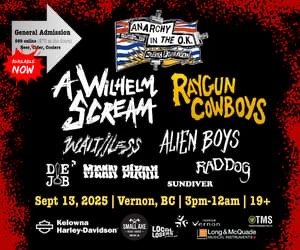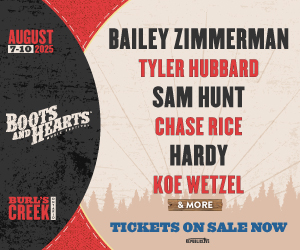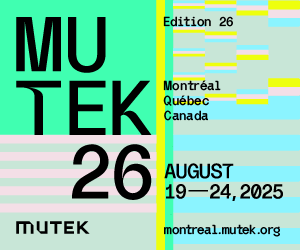Spaceface Toast To A Time They've Never Known
The retro-futurist psych pop outfit have crafted a cocktail-inspired album that is out of this world.
By Stephan Boissonneault
Photo by Erika Mugglin
- Published on
For their 2017 debut, Sun Kids, the Memphis/LA quartet wanted it to feel like their listeners were with them in a psychedelic Memphis forest, breathing the fresh air among all the Earth’s harmonic tones. This time, they wanted more disco funk meets psych rock vibe — and they got it. Eric Martin, another member and co-founder of the group, sparked the idea after discussing that he wanted to make a groovy album he could “shamelessly play start to finish as a DJ at a bar.” He also always wanted to write a song about a cocktail. That’s how the funky sci-fi romp “Piña Collider,” inspired by the scientists who work at the real life Hadron Collider in Switzerland, was made. “Back when I was with The Flaming Lips we got to party with these scientists underground at the Hadron Collider. They have this artist outreach program and are always looking for bands that come to the area to spread the word because they don’t really get funding,” Ingalls says.
Turns out the scientists showing Ingalls around were in a campus band themselves called Piña Collider. Ingalls asked the band if he could base a song off of them, took Martin’s cocktail song idea and made an incredibly catchy bop about a drink you could only get at the Hadron Collider. “It’s a fun idea about this drink that discombobulates you and at the Hadron Collider, they should be getting funding from a bunch of nations, but it’s very politically challenging there. So the idea is you drink this drink and none of that shit matters and we should all work together,” Ingalls says.
The band took the cocktail idea further and actually made a recipe for many of the songs on Anemoia. As a whole, the Sepia-toned Anemoia, with its lush synth melodies and heavy bass groove sounds as much like Tame Impala as it does Curtis Mayfield. It’s full melodies and catchy hooks and features some majestic guest vocal work from Meggie Lennon, Mikaela Davis, Penny and Pitchlynn (Labrys).


The brief first track “Universe Whisper” sets the trippy mood as Ingalls’ friend Laura Moreau reads some tongue-in-cheek, metaphysical-pseudo scientific prose, inviting the listener to join the band on a kaleidoscopic journey. “Then you get launched into this dreamy funk party like you’ve joined a cult,” Ingalls says.
It’s very 1970s funk rock, reminiscent of the cosmic funk intros from bands like Funkadelic or even the intro to The Beatles’ Sgt. Peppers Lonely Hearts Club Band and it really works on Anemoia. This is a record you don’t just listen to for the singles. It’s meant to be played front-to-back.
When naming the album, Ingalls knew he wanted it to encapsulate the whole future cocktail party theme and was toying with the idea of calling it Future Nostalgia. “I was thinking about how everything nowadays is kind of recycled and there’s this cult of nostalgia, this repackaging of a time you never actually lived or experienced,” he says. Unfortunately, the English pop star Dua Lipa beat Spaceface to the name, releasing her own Future Nostalgia album in 2020. “So then I really went hunting for a word that actually meant what I wanted and I found ‘Anemoia,’ which means longing for a time you’ve never actually experienced,’’ he says.
The name works for the album, a piece of music that sounds like it could have been written in the 70s, but also modern enough to stand the test of time. “I think that’s what we wanted to achieve,” says Ingalls. “An album that you listen to during a grooving party or pick up a song at the supermarket that everybody can chant.”
By Leslie Ken Chu
The rock stalwarts lean into vulnerability and nuance, proving that evolution doesn’t have to mean softening the blow.
By Cam Delisle
The pop veteran beamed into Rogers Arena Tuesday night with a glitchy arsenal of remixed hits—some faring better than others in her AI-styled end-of-the-world fantasia.













